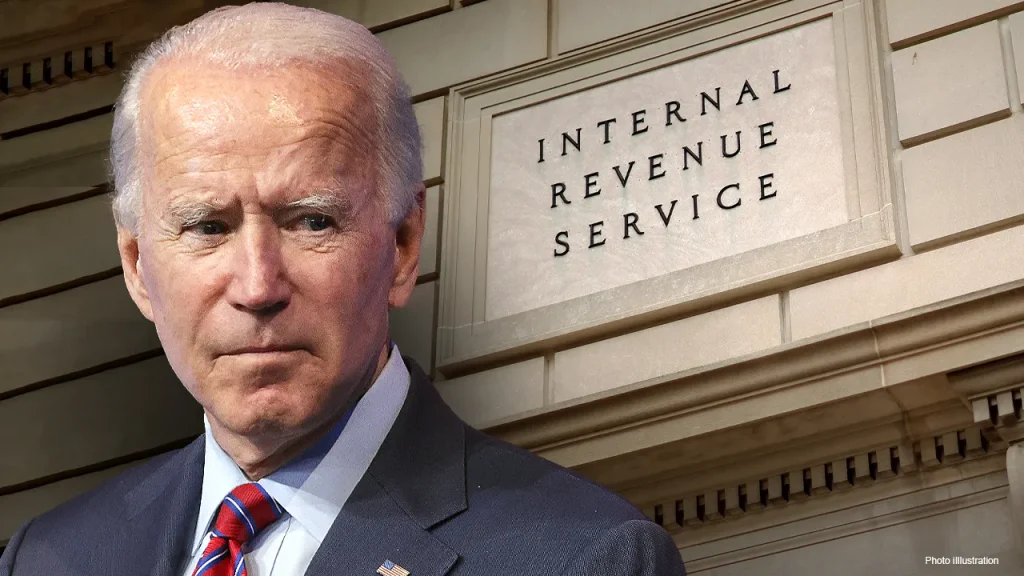President Biden’s latest proposal to increase the top capital gains tax rate to 44.6%, the highest level in more than a century, has faced criticism from experts who warn that it could harm the U.S. economy. The Treasury Department, led by Secretary Janet Yellen, issued a report outlining the president’s proposed fiscal year 2025 budget, which includes the significant hike in the top marginal rate on long-term capital gains and qualified dividends. Economist E.J. Antoni from The Heritage Foundation emphasized that investment is crucial for economic growth, productivity gains, and increasing wages. He stated that taxing capital gains could result in less investment, slower economic growth, and a decrease in people’s standards of living.
The proposed capital gains tax hike, which would increase the top ordinary capital gains rate from 20% to 37%, impacts Americans with taxable income over $1 million. Antoni pointed out that taxing gains on equities, such as stocks, also taxes inflation. This could lead to higher rates of inflation being maintained by lawmakers and policymakers to generate more tax revenues. Mike Palicz, director of federal tax policy at Americans for Tax Reform, expressed concern over the impact of the proposed tax hike on Americans’ savings and investments, referring to it as a threat to the American dream.
Americans for Tax Reform highlighted that when high state taxes are added to the proposed federal tax increase, many Americans could end up paying rates of over 50% on their income. Small business owners, in particular, could be severely affected by the high tax rate when they sell their businesses. Additionally, Biden’s proposal includes a mandatory capital gains tax on transferred assets for families upon the passing of parents and a 25% tax on unrealized capital gains for individuals with wealth exceeding $100 million. The overall new tax, combined with the substantial capital gains tax increase, is projected to generate nearly $800 billion in new government revenue according to an analysis by the Peter G. Peterson Foundation.
Antoni argued that the assumption that the proposed tax rates would generate trillions of dollars in revenue is flawed, as individuals may change their behavior in response to the higher tax rates. He emphasized that people are likely to adjust their investment strategies and overall financial decisions to minimize the impact of the tax hikes. The Treasury Department did not respond to requests for comment on the potential consequences of the proposed tax increases. It is important to consider the potential ramifications of such significant tax hikes on investment, economic growth, and wealth accumulation for individuals and businesses in the U.S.


